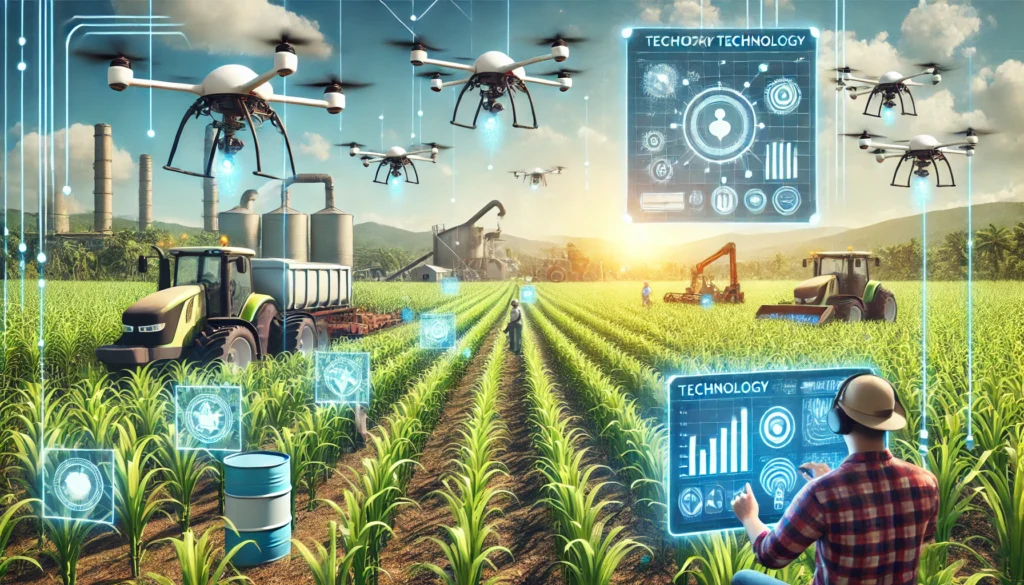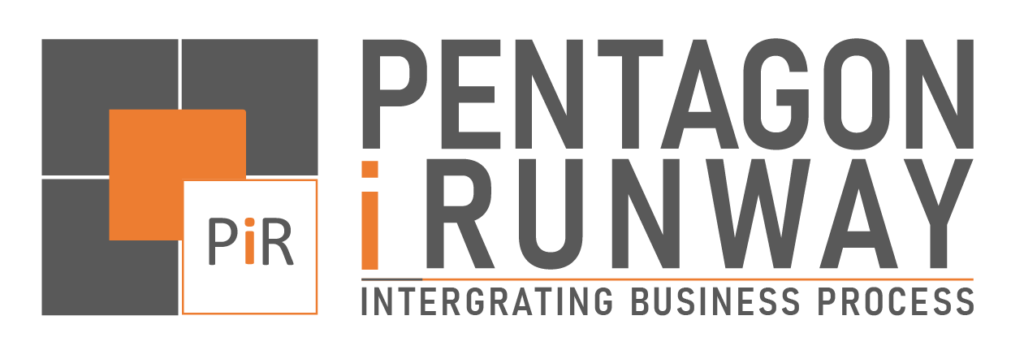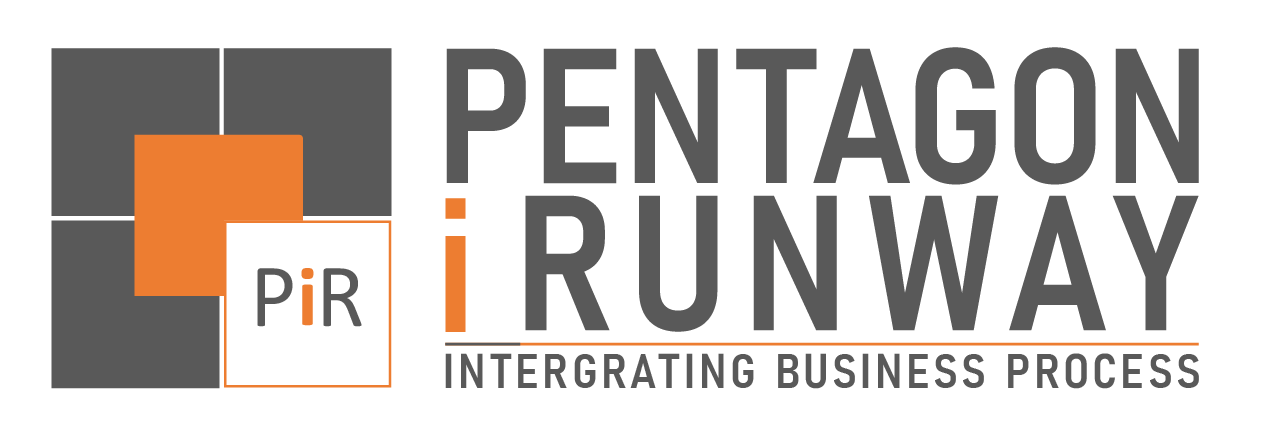The sugar plantation industry plays a vital role in the global economy, contributing to food production, energy resources, and numerous industrial applications. However, it faces unique challenges, such as fluctuating market demands, climate unpredictability, and operational inefficiencies. To remain competitive and sustainable, the sector must embrace innovation and technology. One transformative solution is the integration of Enterprise Resource Planning (ERP) systems, tailored specifically to the needs of sugar plantations.
This blog explores how cutting-edge ERP solutions are revolutionizing sugar plantation management, driving efficiency, and unlocking growth potential in this age-old industry
The Challenges of Sugar Plantation Management
Sugar plantation management involves overseeing vast areas of farmland, labor-intensive processes, and intricate supply chains. Key challenges include:
- Resource Utilization: Inefficient use of water, fertilizers, and labor increases costs and affects yield.
- Market Volatility: Fluctuating sugar prices make it difficult to predict profits.
- Compliance: Adhering to environmental and labor regulations can be complex.
- Climate Risks: Changing weather patterns and pests affect crop health and productivity.
- Operational Complexity: Managing planting schedules, harvesting, transportation, and storage requires seamless coordination.
Conventional methods, often reliant on manual processes and disparate systems, fail to address these complexities adequately. This is where ERP solutions step in.
What is ERP and Why It Matters in Agriculture?
ERP systems are integrated platforms designed to centralize and streamline business processes across various functions. In agriculture, especially in sugar plantations, ERP solutions provide tools for:
- Real-time monitoring of plantation activities.
- Efficient resource allocation.
- Data-driven decision-making.
- Enhanced collaboration among stakeholders.
Tailored ERP solutions for sugar plantations combine agricultural expertise with modern technology, ensuring that operations are optimized from field to factory.
Key Features of Cutting-Edge ERP Solutions for Sugar Plantations
Modern ERP systems designed for sugar plantations come with a suite of specialized features that address the sector’s unique requirements:
1. Precision Farming Tools
Modern ERP systems designed for sugar plantations come with a suite of specialized features that address the sector’s unique requirements:
2. Supply Chain Management
From harvesting to processing and distribution, ERP solutions ensure seamless tracking and coordination. Real-time updates on inventory, transportation, and delivery reduce delays and waste
3. Financial Management
With modules for budgeting, expense tracking, and financial forecasting, ERP systems help plantation owners maintain profitability despite market fluctuations.
4. Labor and Workforce Management
Labor costs and efficiency are crucial in plantation management. ERP systems streamline workforce scheduling, monitor productivity, and ensure compliance with labor laws.
5. Data Analytics and Reporting
Comprehensive analytics provide plantation managers with insights into crop performance, operational bottlenecks, and cost-saving opportunities. Customizable reports enable better strategic planning.
6. Environmental Sustainability
By tracking resource usage and emissions, ERP systems promote sustainable practices. They support compliance with environmental regulations and reduce the ecological footprint of operations.

Benefits of ERP Systems in Sugar Plantation Management
Implementing an ERP system offers transformative benefits for sugar plantations:
1. Enhanced Operational Efficiency
ERP solutions automate repetitive tasks and integrate processes, reducing human errors and saving time. For instance, planting schedules can be aligned with weather data to maximize crop growth potential.
2. Cost Optimization
By providing detailed insights into resource utilization and wastage, ERP systems help plantation managers cut costs without compromising quality. Optimized logistics reduce fuel and transportation expenses.
3. Improved Decision-Making
With access to real-time data and predictive analytics, managers can make informed decisions regarding planting, harvesting, and market timing. This minimizes risks associated with weather and market volatility.
4. Greater Transparency and Traceability
ERP systems ensure end-to-end traceability, from the origin of raw materials to the final product. This transparency builds trust with consumers and meets regulatory requirements.
5. Increased Profitability
By streamlining operations and reducing inefficiencies, ERP systems directly contribute to higher profit margins. Automation and data-driven insights unlock new opportunities for revenue generation.
Real-World Applications: Case Studies in Sugar Plantations
Several forward-thinking sugar plantations have already adopted ERP solutions, with remarkable results. Here are a few examples:
Case Study 1: Plantation X in Southeast Asia
Plantation X integrated an ERP system to monitor crop health using drones and IoT sensors. The system provided real-time updates on soil moisture levels and pest activity, enabling timely interventions. This led to a 20% increase in yield within a year.
Case Study 2: Plantation Y in South America
By implementing an ERP module for supply chain management, Plantation Y optimized its transportation routes, reducing fuel costs by 15%. The system also ensured timely delivery to processing facilities, improving product quality and market value.
Case Study 3: Plantation Z in Africa
A sustainability-focused ERP solution helped Plantation Z track its carbon emissions and water usage. The insights gained led to the adoption of drip irrigation and renewable energy sources, reducing operational costs and enhancing their reputation as an eco-friendly producer.

The Future of Sugar Plantations with ERP Solutions
The adoption of ERP systems in sugar plantation management is not just a trend—it is a necessity for long-term sustainability and growth. Future advancements in technology, such as AI, blockchain, and machine learning, will further enhance the capabilities of ERP solutions.
AI-Powered Decision-Making
Artificial Intelligence will enable predictive analytics, helping plantation managers forecast market demands, weather patterns, and pest outbreaks with greater accuracy.
Blockchain for Transparency
Blockchain technology will revolutionize supply chain management, ensuring transparency and authenticity from field to consumer.
Integration with Industry 4.0
The fourth industrial revolution is reshaping agriculture. ERP systems will integrate seamlessly with IoT devices, robotics, and other smart technologies, creating a fully connected ecosystem.
How to Get Started with ERP Implementation
For plantation owners considering ERP adoption, the journey begins with careful planning:
- Identify Needs: Assess operational challenges and goals to select the right ERP modules.
- Choose a Partner: Work with a vendor experienced in agriculture-specific ERP solutions.
- Train Your Team: Ensure all stakeholders are trained to use the system effectively.
- Monitor Progress: Regularly review the system’s performance and make adjustments as needed.
Conclusion
The sugar plantation industry is at a pivotal juncture, facing increasing demands for efficiency, sustainability, and profitability. By embracing cutting-edge ERP solutions, plantations can revolutionize their operations, overcoming traditional challenges and positioning themselves for a brighter future.
From precision farming to supply chain optimization, the integration of technology offers endless possibilities for growth. The time to act is now—invest in an ERP system and transform your sugar plantation into a model of innovation and success.

